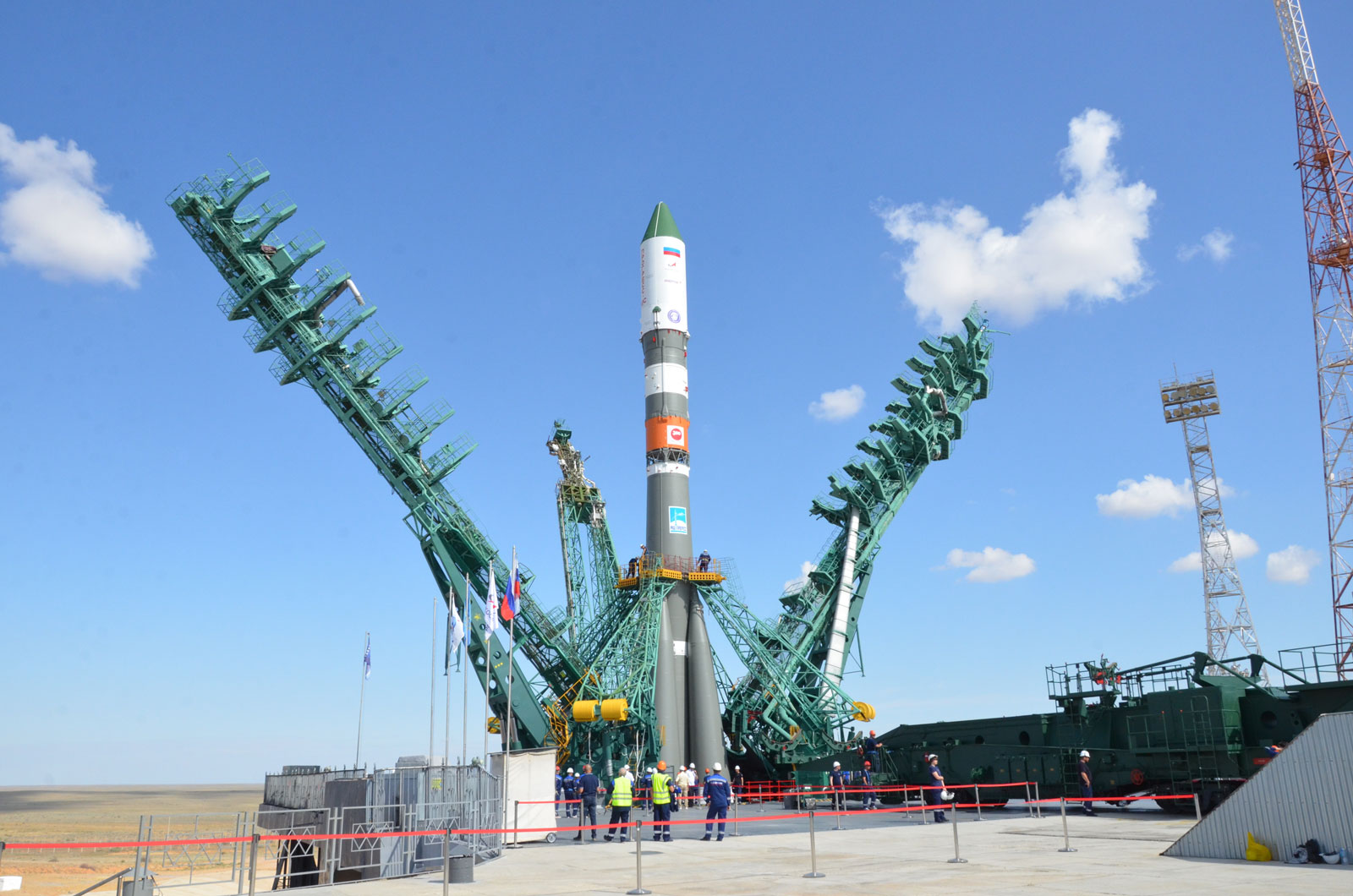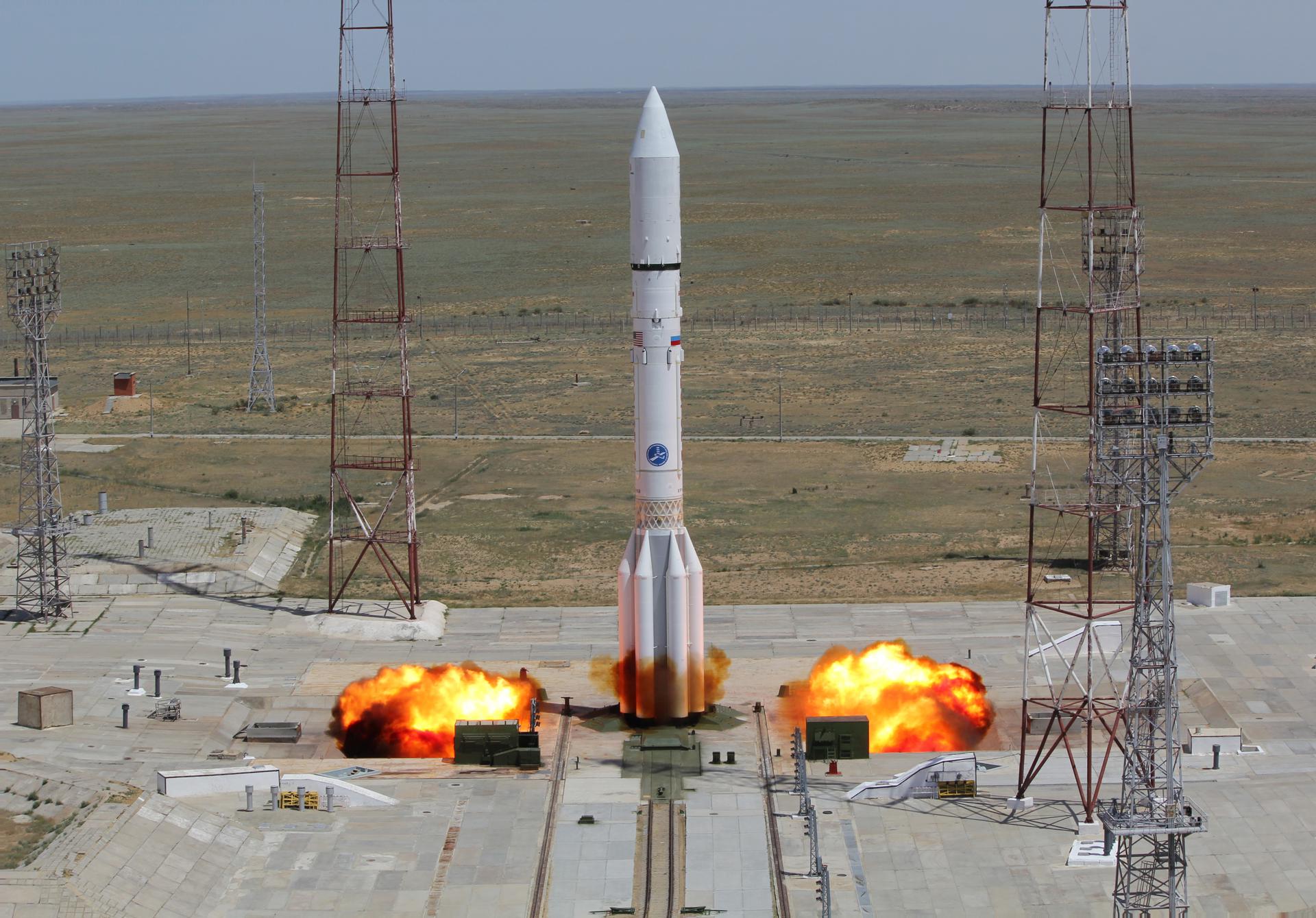Upcoming Launches
Launches that are scheduled to occur in the future

Soyuz 2.1a | Soyuz MS-28
November 27, 2025 at 7:26 UTC
31/6, Baikonur Cosmodrome, Republic of Kazakhstan
Human Exploration
Soyuz MS-28 will carry three cosmonauts and one astronaut to the International Space Station aboard the Soyuz spacecraft from the Baikonur Cosmodrome in Kazakhstan. The crew consists of Roscosmos cosmonauts Sergei Kud-Sverchkov, Sergei Mikayev and Oleg Platonov.

Proton-M/Blok DM-03 | Elektro-L No.5
December 15, 2025 at 11:52 UTC
81/24 (81P), Baikonur Cosmodrome, Republic of Kazakhstan
Earth Science
Elektro-L is a series of meteorological satellites developed for the Russian Federal Space Agency by NPO Lavochkin. They are designed to capture real-time images of clouds and the Earth's underlying surface, heliogeophysical measurements, collection and translating hydrometeorological and service data.

Soyuz 2.1a | Progress MS-33 (94P)
December 19, 2025 at 0:54 UTC
31/6, Baikonur Cosmodrome, Republic of Kazakhstan
Resupply
Progress resupply mission to the International Space Station.

Soyuz-5 | Demo Flight
December 20, 2025 at 0:00 UTC
45/1, Baikonur Cosmodrome, Republic of Kazakhstan
Test Flight
Demonstration Flight for Russia's new Soyuz-5 launch vehicle. Details TBD.

Soyuz 2.1a | Soyuz MS-29
June 30, 2026 at 0:00 UTC
31/6, Baikonur Cosmodrome, Republic of Kazakhstan
Human Exploration
Soyuz MS-29 will carry three cosmonauts and one astronaut to the International Space Station aboard the Soyuz spacecraft from the Baikonur Cosmodrome in Kazakhstan. The crew consists of Roscosmos cosmonauts Pyotr Dubrov and Anna Kikina, as well as NASA astronaut Anil Menon.